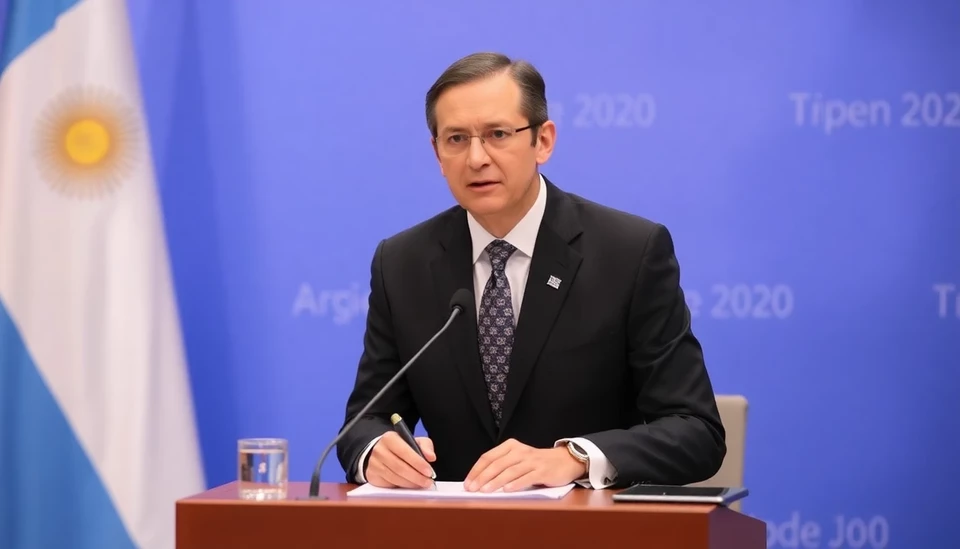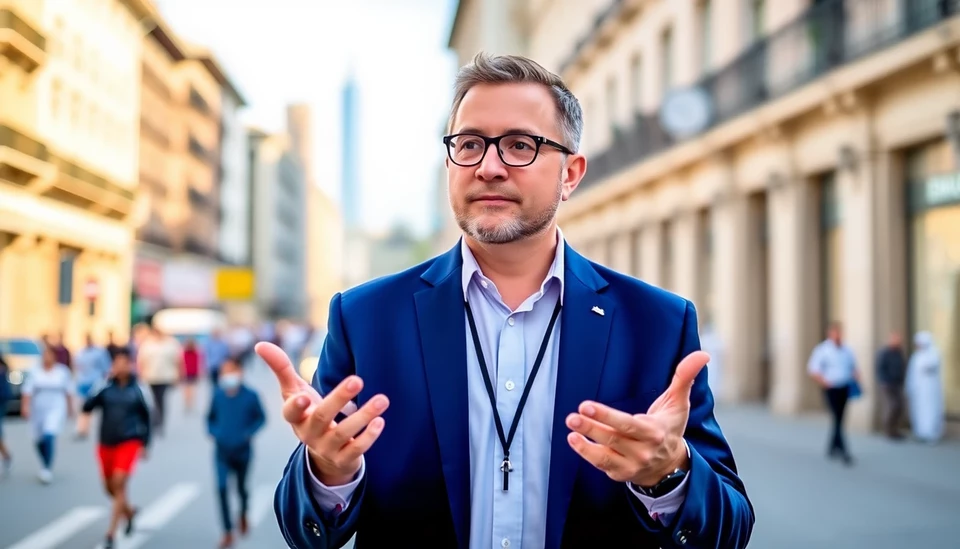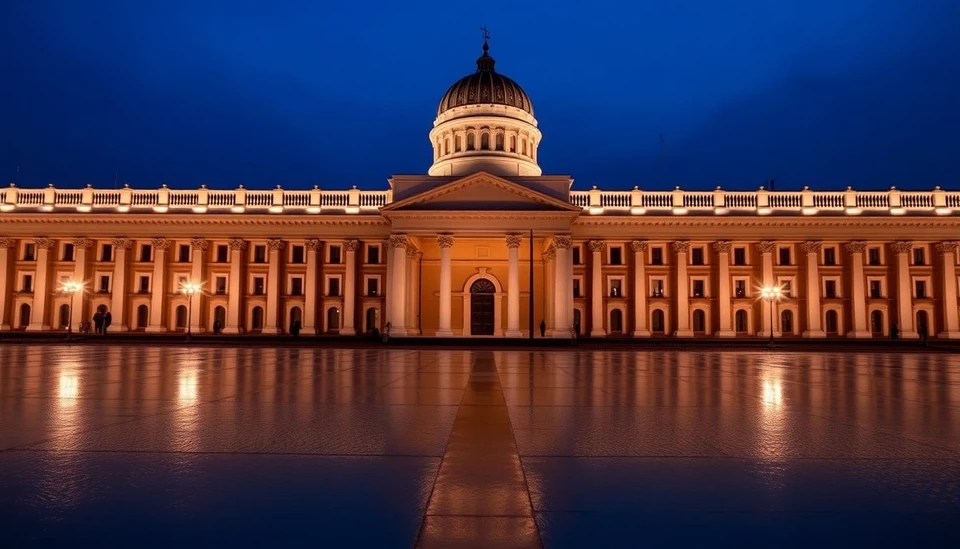
In a striking development, Argentina's Economy Minister, Luciano Caputo, reportedly skipped the G-20 finance meeting held in Cape Town, South Africa, raising questions about the future financial direction of the nation. This absence comes at a critical juncture for Argentina, which has been grappling with severe economic challenges, including soaring inflation and a depreciating currency.
The G-20 gathering brought together finance ministers and central bank governors from around the world to discuss global economic stability and recovery, making Caputo's absence particularly notable. His participation was anticipated given Argentina’s precarious situation and its efforts to stabilize its economy. Many observers have raised concerns that his decision to skip this key meeting could further complicate the country's negotiations with international financial institutions and affect its standing among other nations.
Caputo's absence was unexpected, especially as Argentina is scheduled to take on the G-20 presidency in the near future. The focus of the meeting included discussions on reforms aimed at improving global financial resilience and tackling pressing issues like inflation and technological disruptions in the economy. With Argentina’s inflation exceeding 140% annually, Caputo’s insights and strategies would have been valuable during these discussions.
This gathering in South Africa was designed to shine a light on collective approaches to financial recovery post-pandemic, with many countries looking to foster collaboration for a smoother economic transition. Caputo's decision to forgo the meeting could signify a lack of coherence in Argentina's external economic strategy at a time when it is desperate for foreign investment and support to navigate its daunting financial landscape.
Argentina has been in negotiations with the International Monetary Fund (IMF) to secure funding aimed at addressing its fiscal deficits. Analysts have expressed that Caputo’s absence might send a negative signal to potential investors and creditors, jeopardizing the fragile trust built during previous negotiations. The nation is facing a crucial political season, with elections on the horizon, making the timing of this no-show particularly ironic.
Moreover, economists opine that without Caputo’s presence, Argentina may miss out on critical opportunities for bilateral discussions that could foster partnerships beneficial for economic recovery. His absence could also indicate internal discord within the Argentine government regarding the approach to be taken for economic reforms, prompting speculation about the government's priorities in the face of an impending election.
As Argentina processes the potential fallout from this critical omission, it remains to be seen how this will influence future engagements within the G-20 framework and whether it signifies deeper issues within the nation’s economic leadership. The echoes of Caputo’s absence will likely resonate beyond this convention, leaving a trail of uncertainty amid Argentina's already tumultuous economic climate.
In conclusion, Luciano Caputo’s absence from the Cape Town meeting presents not just an immediate concern but a broader underline of Argentina’s precarious economic position as it seeks to navigate the complex waters of international finance and domestic policy reform.
#ArgentinaEconomy #G20 #LucianoCaputo #FinanceMeeting #CapeTown #EconomicStability #IMF #FinancialRecovery
Author: Daniel Foster




